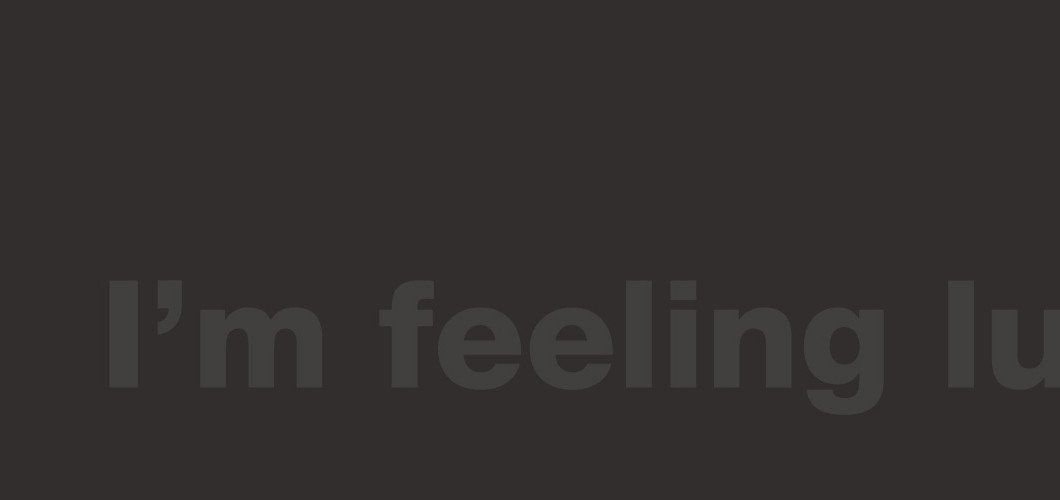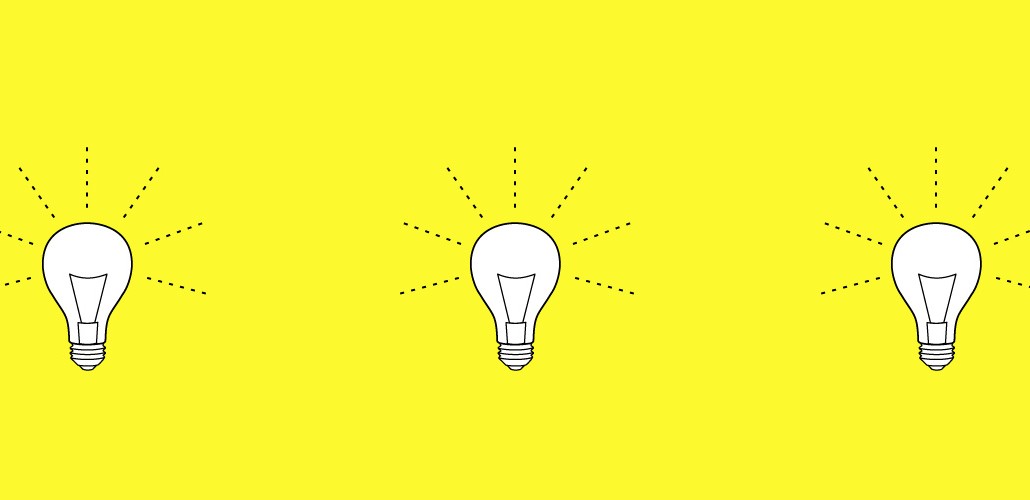Serendipity is what happens when an person makes an unexpected discovery while looking for something else. The post-it note, aspirin and the Vespa were all accidental (or serendipitous) discoveries in that the inventors merely capitalized on a chance occurrence to add greater value to their work. Today, serendipity has also become a way for us to find information and socialize. If you look up the word “serendipity” on Wikipedia and simply start clicking on links, you’ll soon find yourself in strange new places learning new things. There’s even a game based on this concept—Wikipedia Maze (Thanks Alex!)—the goal of which is to make the link between two words or expressions brought together by serendipity.
Yes, serendipity rises from discomfort
Foursquare is an excellent way to discover new places and get new tricks. This tool encourages serendipity and for those willing to throw themselves into the game, the rewards could be very interesting. In fact, Foursquare’s creator traces back his inspiration to the joy he felt in discovering new objects while playing Zelda (the boomerang). Even offline, simply walking through the streets with no destination often leads to interesting discoveries. At the very least, it gets us to walk slower, and more attentively observe and take in our environment. For me, wandering down an unknown alley and walking into a restaurant I’ve never heard about is still the epitome of a serendipitous experience. But in order for an experience to have the potential to become serendipitous, there must first be a certain apprehension involved. Serendipity—or any kind of innovation—rarely happens when we’re in a comfort zone, where all is known and routine.
Serendipity in the workplace
The notion of serendipity is intimately connected to creativity and experimentation. It is also related to induction, or the mental inference that draws a general hypothesis from a set of given facts (anyone else thinking about creative briefs?) Personally, I like working in an environment that spontaneously (and maybe even naively) encourages serendipity. Working with designers, programmers and producers fosters serendipity. More specifically, working in a department with others whose backgrounds and ways of thinking are so completely different from your own really helps the process branch out and achieve truly original solutions. Our calendar project is a good example of this.
A serendipitous application
The other reason I have for bringing up the notion of serendipity is that I had the pleasure of meeting Lenny Rachitsky at Year One Labs, where we talked about serendipity, karma, gaming mechanics and of course, Localmind, the application that he developed.
[vimeo 20825954 w=614&h=459]
Localmind is a location-based application with a question-and-answer system. What sets it apart from Foursquare is that users can know what’s happening anywhere without actually having to be close by. With Localmind, you can get an overview of everything that’s happening in a selected area and ask questions. For example, it’s 10am on a Saturday and you want to have Japanese brunch at Café Falco, but you don’t know if there’s already a line-up. Solution: You ask someone already checked in there or even a representative of the restaurant. Practical, yes? Think of the possibilities: discover new restaurants, find out just how crowded IKEA is, or even inquire as to the female/male ratio at your favourite bar. At TEDxConcordia 2011, Lenny gave a presentation on serendipity and its impact on daily life. During his conference, Lenny quoted a Sufi proverb that says, “Knowledge ?that ?takes ?you? not? beyond ?yourself, ?is ?far? worse? than ?ignorance.”
Have you made any serendipitous discoveries lately? What are your thoughts on serendipity in the workplace? Or in your social interactions?


